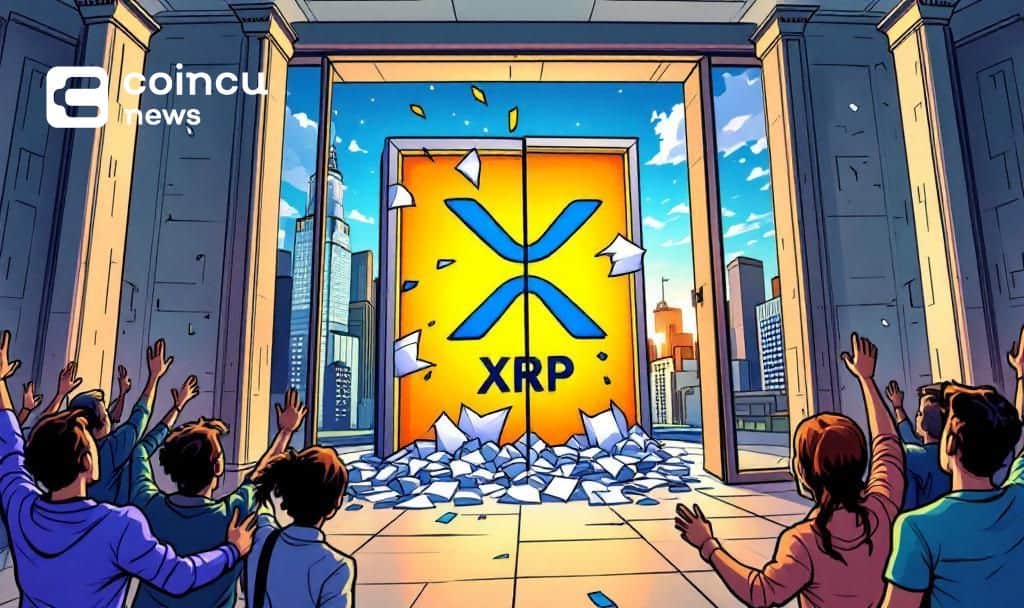Bank of England Still ‘Disproportionately Cautious’ on Stablecoins
The post Bank of England Still ‘Disproportionately Cautious’ com. The UK’s central bank, the Bank of England (BOE), has released a proposed regulatory regime for stablecoins. The consultation paper took into account the perspectives of the crypto industry, but some observers say it remains restrictive. BOE released the document on Nov. 10 some two years after it announced the initial discussion paper. The original offered a vision for crypto that many in the industry claimed would doom the UK’s digital asset space. The BOE said that it received comments and feedback from a broad range of 46 different stakeholders, including “banks, non-bank payment service providers, payment system operators, trade associations, academia, and individuals.” The UK’s central bank may have scrapped some more hardline requirements, but some in the industry believe that it isn’t enough. Tom Rhodes, chief legal officer at UK-based stablecoin issuer Agant, said the bank remains “disproportionately cautious and restrictive.” The bank also released a roadmap for further rulemaking. “The latest proposals do include some innovative features, such as direct BOE liquidity lines and the ability to repo reserves for liquidity purposes.” He said that, as it concerns the UK market, “these proposals can be further explored and potentially expanded to create a more competitive backing asset regime, without compromising on stability.” But despite the “welcome progress in the BOE’s sentiment towards stablecoins,” it has been “unusually vocal about the perceived risks of stablecoins,” said Rhodes. One of the more controversial restrictions in the paper was limits on what the BOE called a “systemic retail stablecoin.” In the paper, this is defined as a stablecoin that is “widely used by individuals to make everyday payments such as for shopping and.

